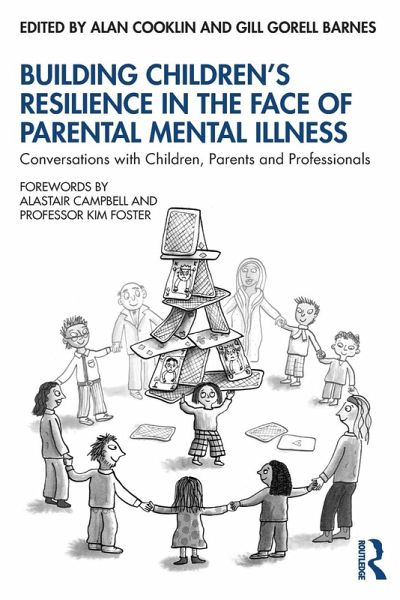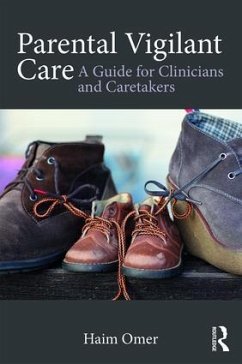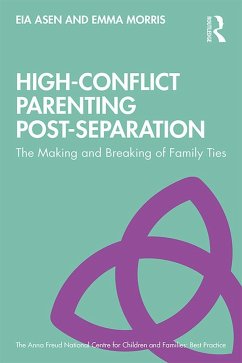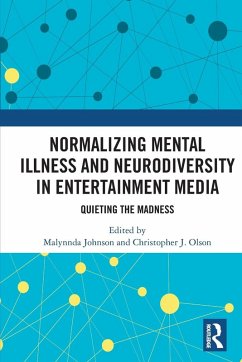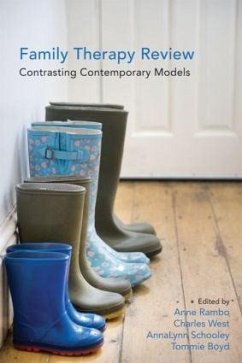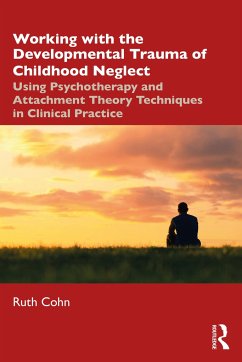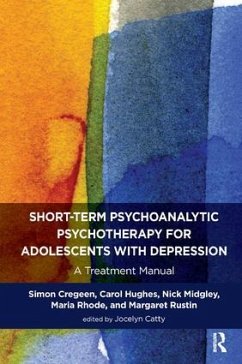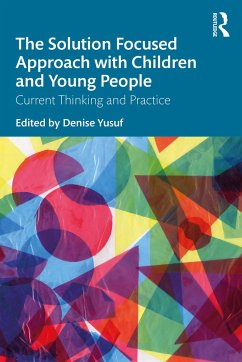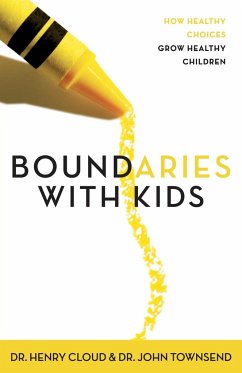"Describing how children and young people can do more than survive this adverse childhood experience but go on to thrive and flourish whilst supporting parents and family, written by its authors with emotional intelligence and intelligent kindness, this book is a must read for all practitioners working across the field of mental health, all health, social care, education and justice, and indeed all parents.
The impact of parental mental illness on children and young people has been a both much neglected area and where written about has had a focus on blame rather than understanding, finding solutions and building resilience in children young people and families. Now for the first time we have a book that listens to and learns from
children and young people themselves. True Co-production of the lived experience of Children and Young is People is 'yes hard Hitting' whilst at the same time tender."
Dame Sue Bailey, Chair, Centre for Mental Health, previously Professor of Child and Adolescent Psychiatry, University of Manchester, President of the Royal College of Psychiatrists, Chair of the Academy of Royal Medical Colleges and Chair of the Children and Young People's Mental Health Coalition
"It's hard to draw positives from the past decade of austerity, but one has been the dawning recognition of issues, previously neglected, that underlie many of our social ills. Domestic abuse is one such issue, loneliness another. And growing up with a parent with mental illness is at last starting to win the attention it deserves.
This fine collection of accounts of childhoods overshadowed - but also, startlingly, sometimes enriched - by parental mental illness could not be more timely for policy-makers beginning to appreciate the importance of supporting children and young people living with the daily reality. It's also a welcome prompt for journalists like me to ensure the topic is firmly on the public agenda.
At a mental health and addictions charity I am involved with, people we support are encouraged to give testimonies of their challenges and recovery journeys. Recently a worker with the charity felt confident enough to give her own, extraordinarily moving, account of growing up with a mother with bipolar disorder and of how it had helped shape her career choice. 'I am no longer an insecure kid,' she said. 'I am hopeful.'"
David Brindle, Public Services Editor, The Guardian
"As someone who experienced parental mental ill health as a child and received no input from services, I believe it is essential that those people who come into contact with children on a daily basis are equipped to open up much needed lines of communication for them. Now in my role as a teacher I am an advocate for increasing awareness amongst staff about the challenges that these children may face every day. This book achieves both of these goals and is an essential read for anyone working with children."
Alex Hatt, Secondary Science and Special Educational Needs Teacher and child who experienced mental illness in a parent
"Books like this can support professionals to feel confident to look beyond the basic treatment 'task' they've been allocated. A greater appreciation of the complexity of the family lives of their patients can add an additional layer of understanding and in can lead to a difference to the way we choose to intervene leading to more person-centred and individualised care which is better received, more impactful for the patient and family and more rewarding for the professional.
Listening to, working with and learning from young carers and children living with parents with mental illness is essential for any mental health professional working in the field. Recognising, valuing and developing work with children in these families should be seen as a part of our core work that improves practice and outcomes.
Having meaningful knowledge of, and being known to the family (
Who are you? What's your job? Why are you in my house? Can you help my mum/dad/brother/sister? Can you help me?) can and should be integrated into our day to day practice. Its valuable to have tools to learn how to have these conversations effectively - building knowledge about what the children and young people are good at, how the family works and communicates together and supporting them to develop resilience in the face of their difficult circumstances and letting them know they are not alone.
Mental health and other health care professionals are well placed to be a consistent available adult who may have some useful (if not all of the) answers, who knows both the parent and the child. Hearing from children as to what they might consider such an adult to be like can help us focus on this area of our work.
Through their work as articulated throughout this publication, the authors demonstrate the vital importance of giving children and young people an equal place on the 'platform' to speak and be heard in their own voices and through their voices to be enabled to educate adult professionals about how we can effectively work with them and to co-create services that meet their needs. As we pursue a national programme of major transformation of mental health services this book is an extremely well-timed resource."
Chris Caldwell, D.Prof, RGN, RN (Child), PGDipEd, Director of Nursing & System Workforce Development, Tavistock & Portman NHS Foundation Trust
"As a young adult carer, a book that listens to young people's experiences is an essential read for anyone working with mental illness in adults and the young people it affects. It's not easy sometimes, but then life with mental illness never is. What this book does is show that listening and learning will help when dealing with mental illness."
Melissa Moody, Young Adult Carer engaged with The Children's Society Include Service
"This book is an essential read for those interested in a new paradigm of co-creating a scaffolding where the voices of children of parental mental illness are fully heard, listened to and above all considered."
Nikki Roberts, Polyphony
